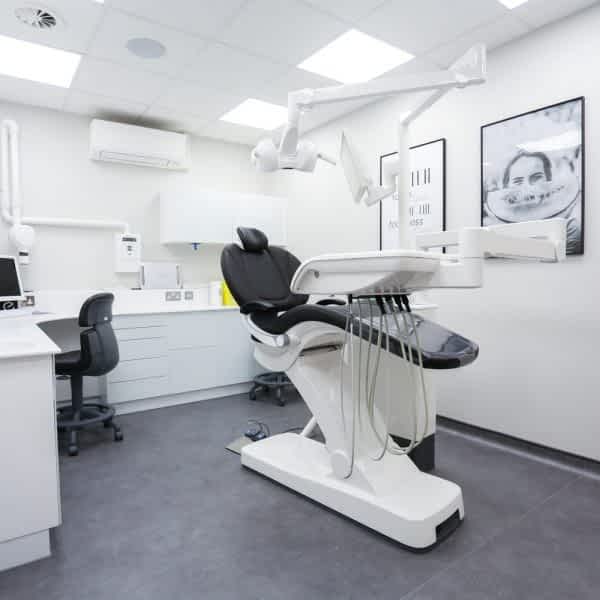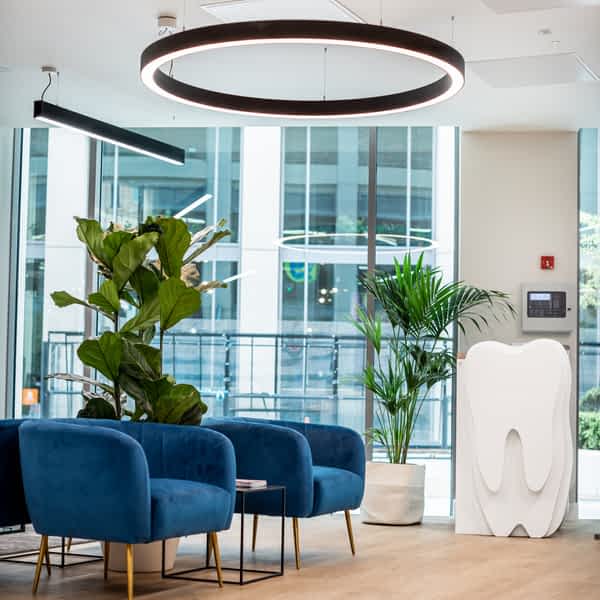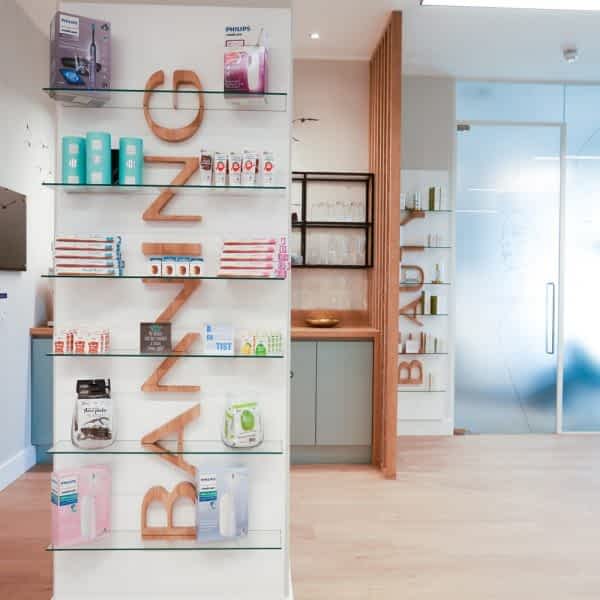
Clench, grind, repeat. Routinely and repeatedly dragging your teeth against each other using the strength of your jaw muscles is commonly know as Teeth Grinding or medically known as Bruxism. It is a highly common behaviour, but often not detected as it occurs entirely subconsciously. In fact, many of us could have been grinding for years whilst being blissfully unaware. This is unless you have enraged your long-suffering bed companion who has their own sleep disrupted by the sounds of your nocturnal gnashing.
Bruxism can occur both day (diurnal) and night (nocturnal.) When you are awake and conscious you are more likely to be aware of the problem and therefore stop yourself from continuing or at least seek help if it becomes uncontrollable. During the day, you may find that it is more clenching of the jaw rather than full-blown grinding, but one can certainly lead to another.
At night, the matter is more covert. You may be completely unaware that it is happening and therefore unable to do anything about it. This allows the behaviour to continue unabated for weeks, months or even years until symptoms rear their head. The thing is, if you don’t know you are doing it, then it’s easy to attribute the symptoms to something else entirely. This is when the greatest damage can be done.
An interesting point is that daytime and night time teeth grinding can be mutually exclusive. Just because you grind during the day, doesn’t mean you grind at night and vice versa. There can also be a number of causes of the grind, and therefore different approaches to resolve the issue. Sadly, its often the teeth that bear the brunt of the problem, so its best to identify and catch the problem early so you are not faced with costly restorative dental treatment later down the line.
Let’s get to the Brux of the matter and see if you resonate with the characteristics of this annoying affliction.
What Causes Teeth Grinding?
There is no singular cause of Teeth Grinding or Bruxism. Factors including lifestyle, age, activity and health can all be contributing influences. We can loosely group the contributors as follows:
Sleep-related factors
Bruxism rarely appears alone and is often accompanied by other sleep-related complications. If you are a snorer, suffer from sleep apnea, sleep paralysis, night terrors or thrash around during your slumber there is a higher chance you will also grind. While teeth grinding becomes an oral health problem it has to be assessed alongside your sleep patterns to identify if there is an underlying sleep disorder.
Stress and Anxiety
If you are feeling tense, frustrated, under pressure or even focused with great concentration it can create a level of stress and anxiety which manifests itself as teeth grinding. Clenching our teeth during the day is our bodies automatic reaction and copy mechanism to handle difficult situations. You may catch yourself doing it at home or at work, but it may only come out at night once you have fully relaxed.
Lifestyle Factors
Consumption of alcohol, nicotine, caffeine or other stimulant psychoactive substances, can result in broken sleep patterns. This, in turn, means that when we should be in our most relaxed calm state, we are in and out of periods of heightened activity during our resting hours and this is the ideal environment for the onset of teeth grinding.
Malocclusion of the teeth
If your upper and lower teeth don’t quite fit together correctly when they join together, it results in what is known as a Malocclusion. Bruxism can occur when your jaw is searching for a comfortable resting place, but due to the misalignment of the teeth is unable to find it. This can cause our teeth to subconsciously search for the right position, resulting in a grinding movement.
Side effects of medication
Certain medications and recreational drugs are well known for causing incidences or ongoing teeth grinding. Anti-psychotics and anti-depressants especially list teeth grinding as a common side effect. If you detect a recent onset of clenching and grinding, you may find that a mild prescription change is the culprit.
Childhood Bruxism
Bruxism is very common amongst young children during the transition periods of dental development i.e the arrival of new teeth however, most children grow out of it by adulthood.
Signs that you are grinding your teeth
The grind really is a bind and could be responsible for a number of niggling problems that you hadn’t been able to put your finger on:
- Aching or painful jaw
- Clicking jaw
- Facial muscle pain or spasms
- Worn-down, flattened teeth
- Chipped or broken teeth
- Chewing and biting on pens, pencils, nails
- Headaches
- Earache
- Difficulty sleeping
- Stiff neck or shoulders
If you have found yourself subject to any one of these symptoms, we suggest visiting your dentist so they can assess your teeth for the telltale signs of Bruxism, usually in form of wear and tear.
How to Treat Bruxism
Depending on the cause of the teeth grinding, will determine the correct mode of treatment.
If your particular case of Bruxism is stress-related, then certainly relaxation techniques will help. Introducing wind-down routines before bed, such as a warm bath, practising yoga or meditation or utilising one of many sleep apps on the market may help. Some have had success with hypnotism. Identifying and resolving your causes of stress are likely to be the biggest win in the cases of anxiety-related teeth grinding.
On the other hand, if your teeth grinding is as a result of misaligned teeth, you would be best consulting with an orthodontist to fix this bite problem to allow your jaws to settle comfortably in place. A visit to your dentist should help to determine the best course of action and refer you on to the right specialist to address your needs.
In the meantime, you may well need a little help to prevent further damage to your teeth. Mouthguards can be a useful solution to protect your teeth from wearing down while you can put into practice other treatments which may take time to take effect.
Whatever the reason, the in-house specialists at Banning Dental Group can find a bespoke solution to work for you. Let’s get to the bottom of the problem together and leave the grind behind.








